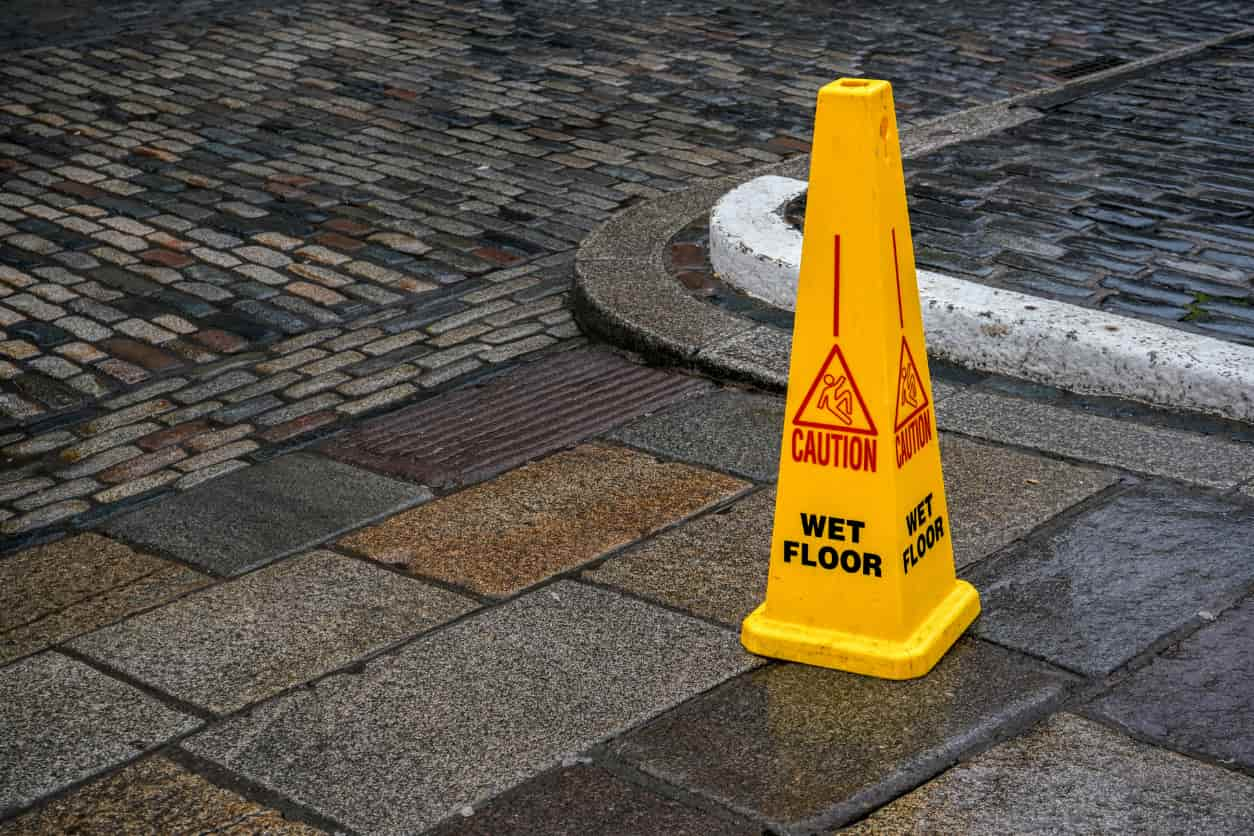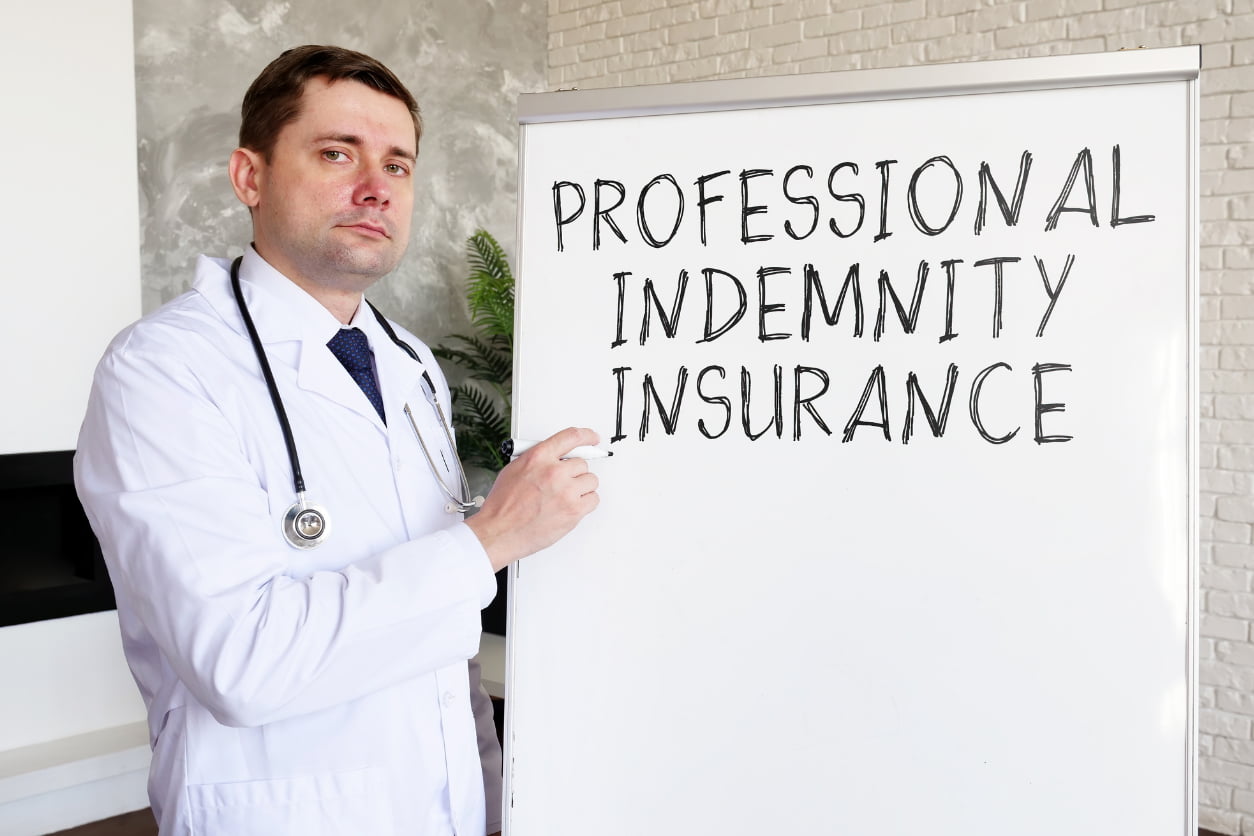Although they are both designed to protect your business, public liability and professional indemnity insurance are not the same. So what’s the difference? Do you need public liability insurance, professional indemnity insurance, or both? What type of coverage do they provide for your business?
In simple terms, public liability insurance covers your business for claims against injury or illness caused to clients and members of the public, or damage to their property. Professional indemnity insurance, also called professional liability insurance, covers your business for claims against professional mistakes or negligence that end up causing your clients to lose money.
Let’s take a look at everything you need to know about public liability and professional indemnity insurance.
How does public liability work?
Public liability insurance covers claims against your business if a member of the public becomes ill, is injured, or their property is damaged due to your business activities. It can also cover the cost of legal fees and compensation payments as a result of the claim. The “public” can be a customer, client, supplier, or anyone passing by your place of business.
What does public liability insurance cover?
- Costs for property damage claims against your business
- Medical fees – if you or an employee causes physical harm or action that leads to illness, coverage may cover medical bills associated with the negligence claim
- Advertising injury claims against your business
- Administrative costs to handle covered claims
- Court costs, judgments and settlements for covered claims
Who needs public liability coverage?
Any business that deals with the public in any way should consider protecting its interests with public liability coverage.
- Restaurant or pub owners
- Hotel and resorts
- Construction and contractors
- Lawyers and accountants
- Doctors, psychologists, and other health care professionals
- Etc.
How does professional indemnity insurance work?
Professional indemnity covers claims against your business caused by professional negligence or mistakes you’ve made which caused a client to lose money or damage their reputation. It can also cover the legal fees associated with legal fees and any claims associated with the professional negligence claim.
What does professional indemnity insurance cover?
- Breach of confidentiality (i.e., sharing information without permission, copyright infringement, trademarks infringement, etc.)
- Professional negligence (i.e., a mistake on your part, providing incorrect advice or information which results in a loss of money, etc.)
- Bodily injury (i.e. when a client is physically harmed or injured due to your neglect)
- Property damage (when a building or its contents are destroyed due to negligence)
- Acts of defamation (i.e., libelous or slanderous statements made about a client)
- Legal costs (including settlement payments awarded to the defendant, and legal defense fees)
Who needs professional indemnity insurance?
If your business provides advice, consultation, or skills to a client you might benefit from professional indemnity insurance.
- PR firms
- Management consultants
- Lawyers and accountants
- Web agencies and design companies
- Architects
- Engineers
- Educators
- Coaches and trainers
- Some medical professionals
- Financial advisors and accountants
Do I need both?
Absolutely. If your company offers a service based on your skills, knowledge, and expertise and has premises where clients and customers visit, both types of insurance can provide total peace of mind that your business is protected.
For example, if you’re a financial advisor who works from home and clients visit for appointments, you could benefit from both insurance policies. Professional indemnity would cover your business for claims against professional negligence, while public liability can protect your business if an accident occurs on your property and injures a client.
Insure with Petra
Understanding how professional indemnity insurance and public liability insurance coverage can assist your business in the event of an accident or negligence will help safeguard your company from unknown threats. At Petra, our team of insurance professionals is here to help you determine which policies your business requires to ensure you are fully protected from any risks.

RAMZI GHURANI
Managing Partner




